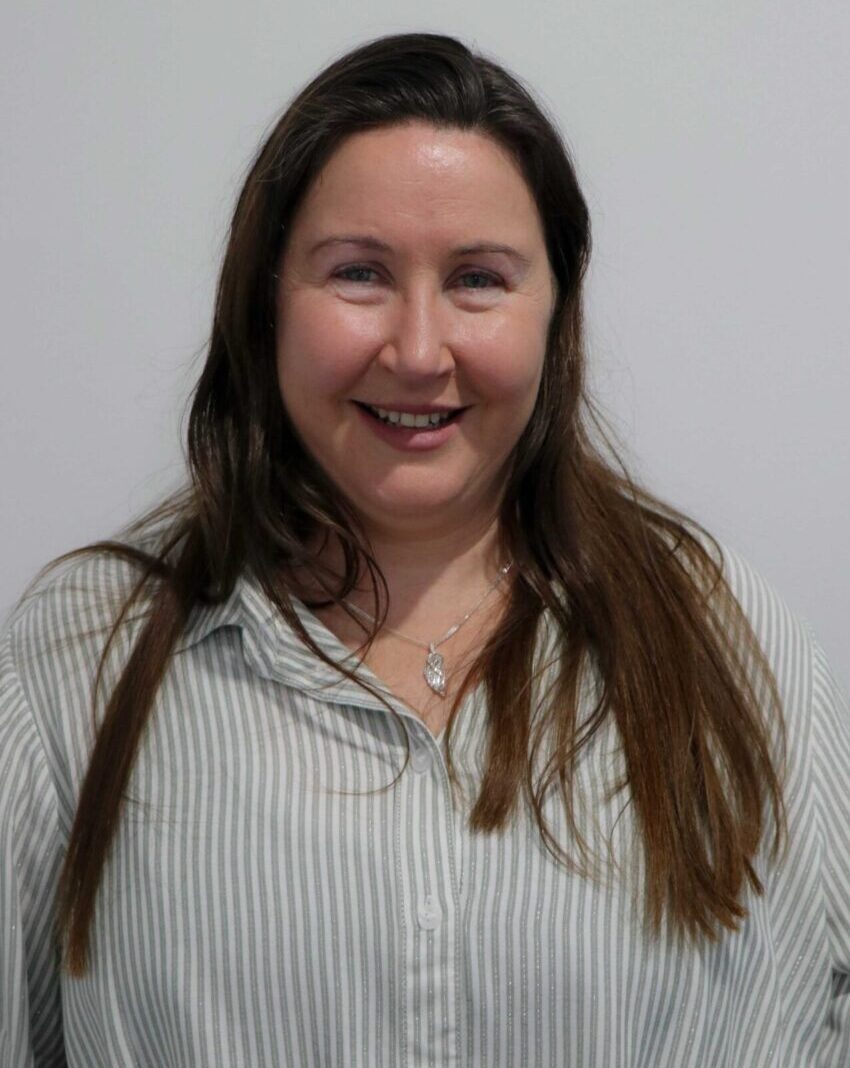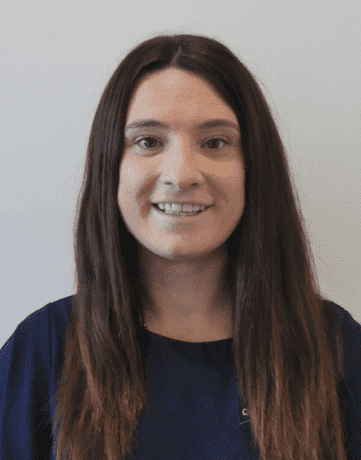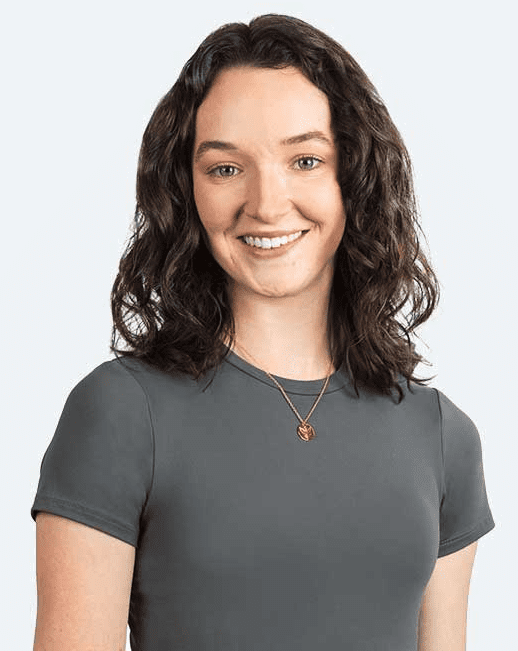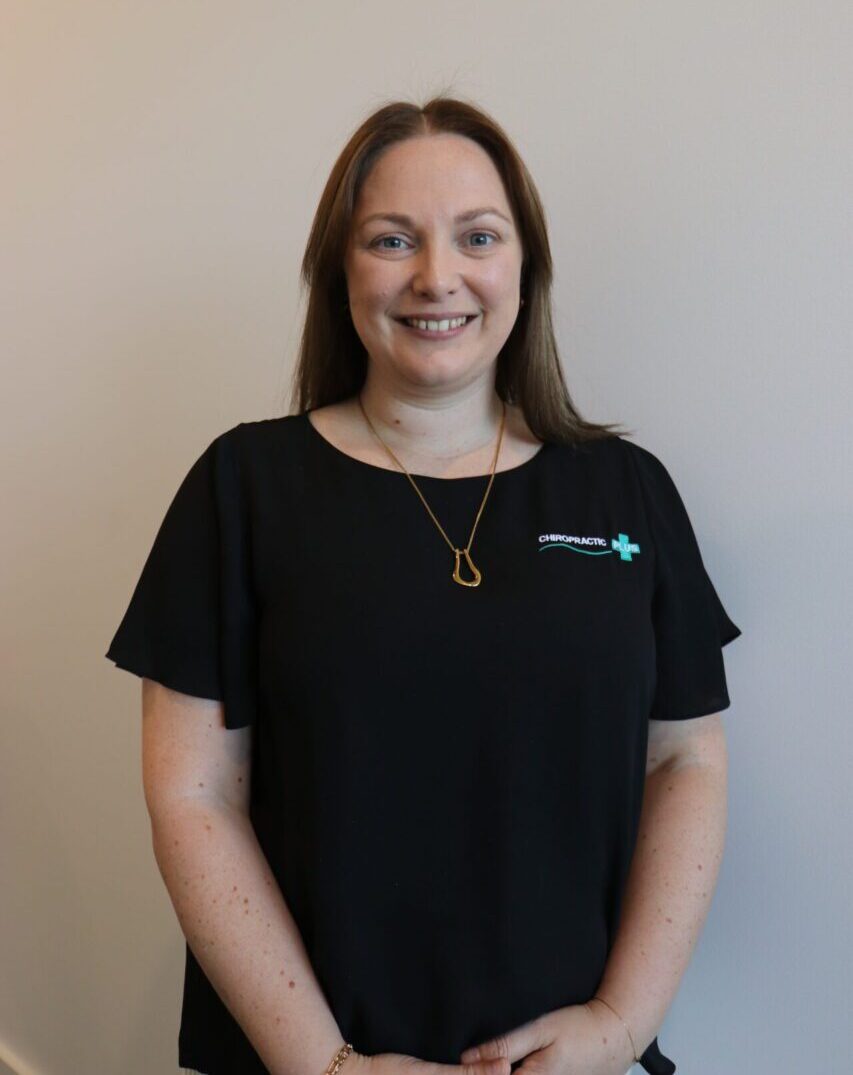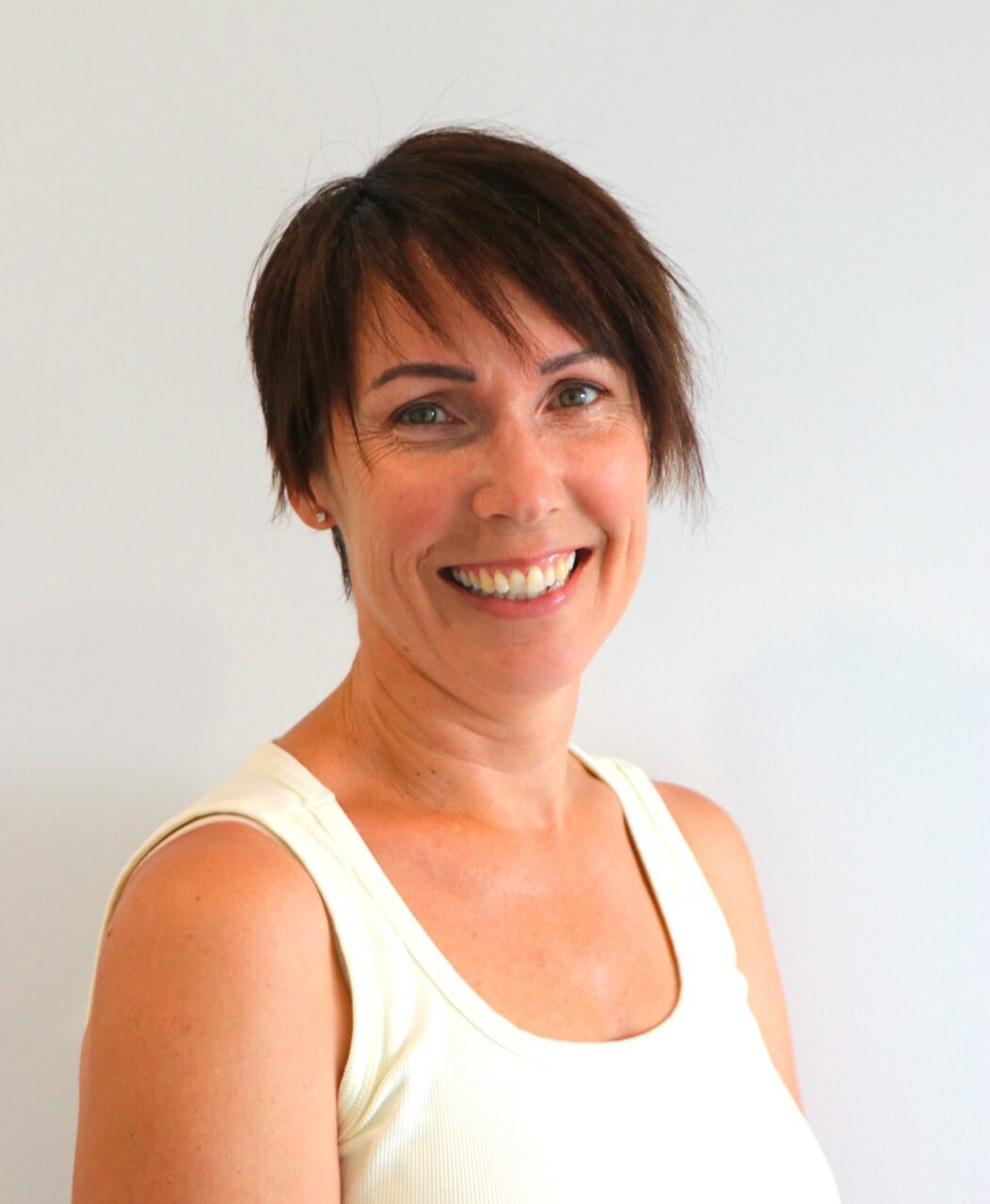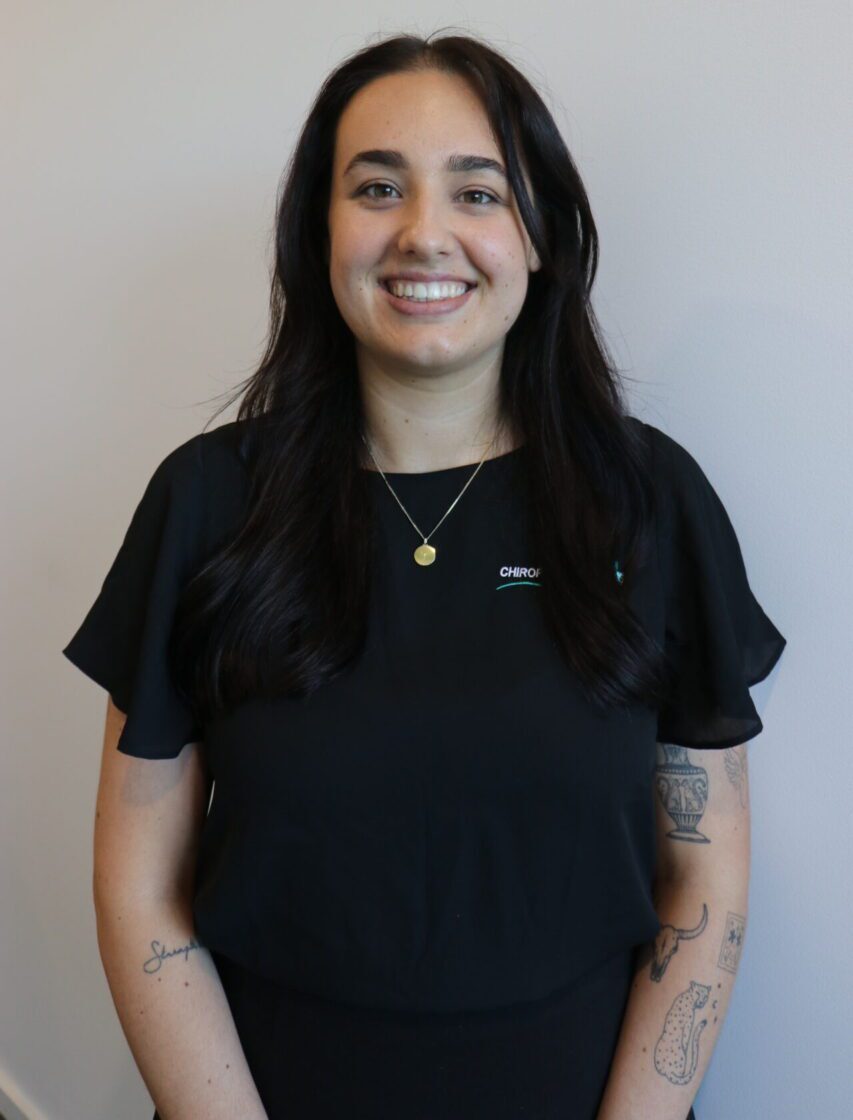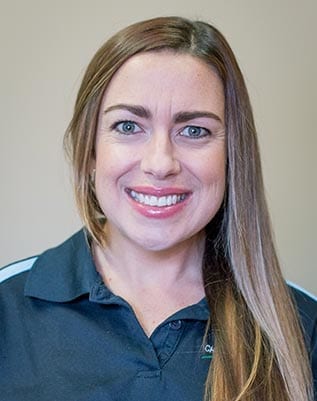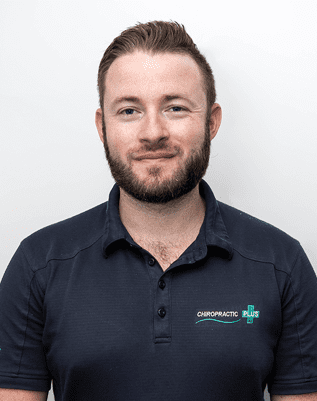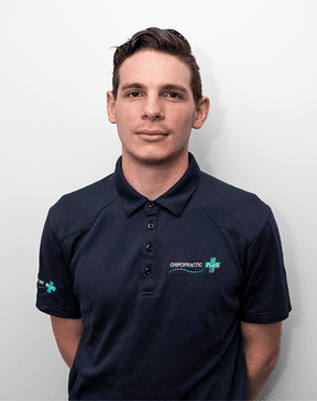Get a great night’s sleep with natural therapy for insomnia and parasomnias.
Suffering from sleep issues? Difficulties falling and staying asleep can cause frustration, anger, anxiety, and stress about getting enough rest. In a vicious cycle, these concerns may make it even more challenging to get the slumber you need for your physical and mental wellness. After all, even a slight lack of sleep can take a toll on your energy, immunity, emotions and mindset.
Our Psychologist for sleep issues in Warners Bay near Newcastle will help you identify factors contributing to difficulties with sleep and adopt evidence-based psychological techniques to manage them. Tackle a wide range of sleeping problems with personalised sleep therapy in a safe, judgement-free space.
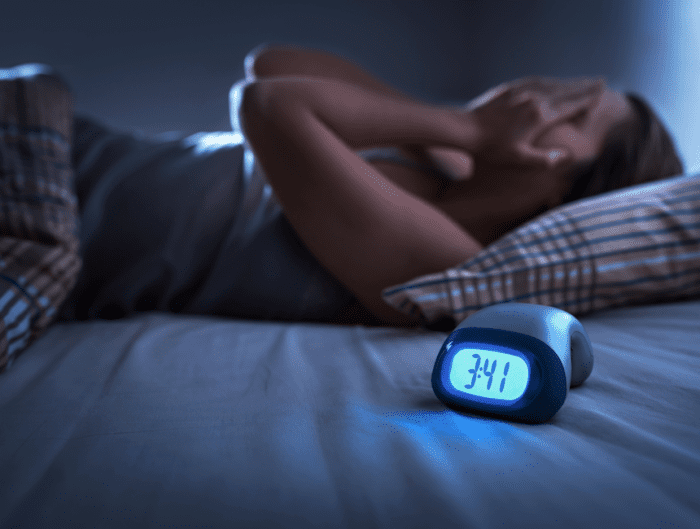
What can a lack of sleep do?
Deep sleep is essential to your overall well-being¹.
After all, this is when your body repairs and recharges for the day ahead. Therefore, sleep deprivation over a prolonged period is associated with a variety of physical, emotional and cognitive issues. Overcome them all with guidance from an experienced sleep psychologist.
- Rumination, stress, anxiety
- Irritability and anger
- Low mood
- Reduced energy levels and fatigue
- Poor concentration and memory
- Lack of motivation
- Compromised performance at work or school
- Slower reaction times to stimuli
- Weaker immune system

Counselling for all sorts of other sleep disorders
Parasomnia
Parasomnia is an umbrella term for involuntary sleep behaviours like sleepwalking, sleep talking, hallucinations, sleep paralysis, and night terrors – many of which are forgotten by the morning. Certain parasomnias, like nightmares, may be triggered by factors such as post-traumatic stress or lack of sleep. Awaking in a state of panic is common with parasomnia. Understand the cause of this distress and discover how to start your day differently with tailored techniques from a sleep psychologist.
Sleep apnea
Sleep apnea is a prevalent disorder that interrupts nighttime breathing. Individuals with this condition typically snore loudly and might awaken abruptly, struggling to breathe. Our sleep counsellor offers support for both types of sleep apnea. Obstructive sleep apnea happens when the mouth and throat tissues relax and obstruct the upper airway. In contrast, central sleep apnea is when the brain momentarily fails to transmit signals to the muscles that regulate respiration, leading to pauses in breathing that disrupt sleep.
Narcolepsy
Narcolepsy is a condition characterised by overwhelming daytime drowsiness, even after sufficient sleep. This often results in an uncontrollable need to sleep, leading to brief “sleep attacks.” The root of these sleep attacks and other narcolepsy symptoms lies in impaired regulation of your sleep-wake cycle. Sleep counselling may be able to help you retrain your brain and achieve a more regular sleep routine.
Restless legs syndrome
Restless legs syndrome (RLS) involves feeling like your legs are tingling or crawling, which creates an urge to shake them. These sensations tend to intensify when you are sitting or lying down, which can interfere with sleep. RLS is associated with conditions like pregnancy, Parkinson’s disease, and iron deficiency. Whatever its cause, our sleep psychologist can help you make meaningful changes to calm your mind and body for a restful night.
Sleep therapy for insomnia
Insomnia refers to an ongoing difficulty with falling and/or staying asleep despite wanting to.
After restless night upon restless night, you end up exhausted and unable to function properly.
Environmental and psychological causes of insomnia can include²:
- Anxiety, stress and worry
- Major life events
- Changes to your daily routine
- Medications and drugs such as caffeine
- Environmental elements like light, noise or uncomfortable temperatures
- Health conditions, including asthma, bronchitis, pain, restless leg syndrome, sleep apnea, anxiety and depression
This condition is considered chronic once it persists for at least three months, at a minimum of three times each week. During this time, the psychological effects of insomnia can leave you feeling frustrated, fatigued and fragile, making it even harder to sleep. At this point, you may need professional support to stop the sleep-stress cycle.
Our Psychologist can prepare a personalised plan to assist with improving sleep. This can include acceptance and commitment therapy, and/or Cognitive Behavioural Therapy for insomnia, depending on your unique needs.
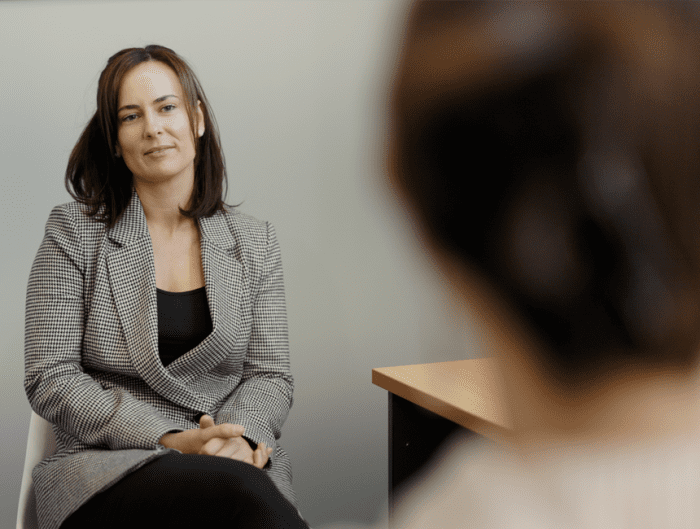

Feel relaxed and restored each morning with support from a sleep psychologist
Book AppointmentFrequently Asked Questions
Have questions about your next visit? We have you covered!
-
How many hours should l be sleeping for?
It’s usually recommended to sleep between seven and eight hours a night. That said, sleeping needs vary depending on the individual’s age, health and lifestyle. For example, newborn babies usually sleep for at least 16 hours a day, whereas some older adults can feel great on only five hours of sleep.
-
What is a sleep disorder?
Sleep disorders impact the quality, duration and cycle of sleep. While everyone finds it hard to fall or stay asleep from time to time, you may be suffering from a sleep disorder if you:
- Tend to have trouble sleeping;
- Feel exhausted during the day despite sufficient sleep; or
- Find it difficult to perform everyday activities.
-
What is a sleep psychologist?
A sleep psychologist specialises in helping patients to recover from sleep disorders. As skilled mental health professionals, we are highly trained and experienced in both typical sleep patterns and sleep-related disorders, such as:
- Insomnia
- Sleep apnea
- Narcolepsy
- Parasomnias
- Restless legs syndrome
- Disorders of the sleep cycle
- Reliance on sleep medications
Suffering from a sleep disorder? Often employing cognitive behavioural therapy, a sleep psychologist will work with you to alter behaviours or thoughts that negatively impact your sleep patterns. Our goal is to identify the disorder’s underlying cause and equip you with the tools to tackle its symptoms.
-
What causes a sleep disorder?
In general, sleep disorders stem from disruptions in your natural circadian rhythm. Specific causes vary depending on the type of sleep disorder and can include:
- Physical health conditions like heart disease, asthma, gastroesophageal reflux or chronic obstructive pulmonary disease or an overactive thyroid
- Neurological disorders, including Parkinson’s disease, strokes, and dementia
- Persistent pain from medical issues like arthritis
- Imbalances in brain chemistry
- Mental health issues, such as depression or anxiety
- Genetic influences, including mutations
- Adverse effects from certain medications
- Working night shifts
- Caffeine, nicotine or alcohol consumption
-
What are the risk factors for sleep disorders?
You might be more at risk of developing a sleep disorder if you:
- Experience an underlying health condition;
- Are stressed;
- Aged 65 or over;
- Work at unusual hours that throw off your natural sleep cycle; or
- Have a family history of sleep disorders.
-
Is insomnia physiological or psychological?
Insomnia can be psychological and/or physical. Stress and fear can disrupt your ability to sleep just as much as physical pain or noisy surroundings.
To get to the source of your sleeping problems, book an appointment for insomnia counselling with our sleep psychologist today.
-
How can psychologists help with sleep problems?
Psychologists can help you overcome your sleep disorder with a variety of evidence-based interventions. We’ll begin with an in-depth assessment of your sleep patterns before recommending the best course of action to identify and manage your concerns. Counselling for sleep problems can include:
- In relaxation training, you’ll learn techniques like deep breathing, progressive muscle relaxation, or meditation. Unwinding your mind before sleep can help you to doze off.
- Stimulus control therapy is about heading to bed only when truly sleepy. It advises against engaging in activities like reading, watching TV, eating close to bedtime, or using electronic devices in bed. Maintaining a regular wake-up time, even after a sleepless night, and limiting daytime naps are crucial elements of this approach. This therapy encourages using the bed solely for sleep to encourage their associations.
- Sleep restriction therapy involves aligning the time spent in bed with the actual amount of sleep you get. For those struggling with sleep, this method establishes a strict sleep schedule to reduce time spent awake in bed. For instance, if someone spends 8 hours in bed but only sleeps for 6, they would be scheduled for 6 hours of bedtime, waking up at a fixed time, irrespective of their desire to sleep more. As sleep quality improves, the duration in bed can gradually increase.
- CBT therapy for sleep issues introduces techniques to transform negative sleep thoughts into more positive and supportive ones, like “If I relax in bed, my body will naturally take care of rest.” This aspect of cognitive therapy focuses on identifying and altering unhelpful thought patterns about sleep, facilitating better sleep management and reducing sleep-related anxiety.
-
What is cognitive behavioural therapy for insomnia?
Cognitive behaviour therapy for insomnia (CBT-I) is the most widely used psychological intervention for insomnia³. CBT therapy for insomnia focuses on reframing unhelpful thoughts about sleep to remove difficulties.
One evidence-based technique in CBT-I is keeping a sleep diary that tracks daily routines, such as when you go to bed, when you wake up, the quality of your sleep, and other key information. Based on these details, your sleep psychologist works with you to develop a customised action plan tailored to meet your needs and therapeutic goals.
By actively challenging worry, anxiety, fear and other negative thoughts about sleep, you can learn to truly relax and sleep deeper.
References
- Daley, M., Morin, C. M., LeBlanc, M., Grégoire, J. P., Savard, J., & Baillargeon, L. (2009). Insomnia and its relationship to health-care utilization, work absenteeism, productivity and accidents. Sleep Medicine, 10(4), 427-438. doi: http://dx.doi.org/10.1016/j.sleep.2008.04.005
- Besedovsky, L., Lange, T., & Haack, M. (2019). The sleep-immune crosstalk in health and disease. Physiological Reviews, 99(3), 1325–1380.
https://journals.physiology.org/doi/full/10.1152/physrev.00010.2018 - Ohayon, M. M. (2002). Epidemiology of insomnia: What we know and what we still need to learn. Sleep Medicine Reviews, 6(2), 97-111. doi: http://dx.doi.org/http://dx.doi.org/10.1053/smrv.2002.0186
- Watson NF, Badr MS, Belenky G, Bliwise DL, Buxton OM, Buysse D, Dinges DF, Gangwisch J, Grandner MA, Kushida C, Malhotra RK, Martin JL, Patel SR, Quan SF, Tasali E. Recommended Amount of Sleep for a Healthy Adult: A Joint Consensus Statement of the American Academy of Sleep Medicine and Sleep Research Society. Sleep. 2015 Jun 1;38(6):843-4. doi: 10.5665/sleep.4716. PMID: 26039963; PMCID: PMC4434546.
- Kirsch, D. (2022, September 12). Stages and architecture of normal sleep. In S. M. Harding (Ed.). UpToDate., Retrieved February 9, 2023, from https://www.uptodate.com/contents/stages-and-architecture-of-normal-sleep
- Bartlett, D., & Junge, M. (2013). From insomnia to healthy sleep: Cognitive-behavioral applications. In M. L. Caltabiano & L. Ricciardelli (Eds.), Applied Topics in Health Psychology. Chichester, West Sussex: John Wiley & Sons.



